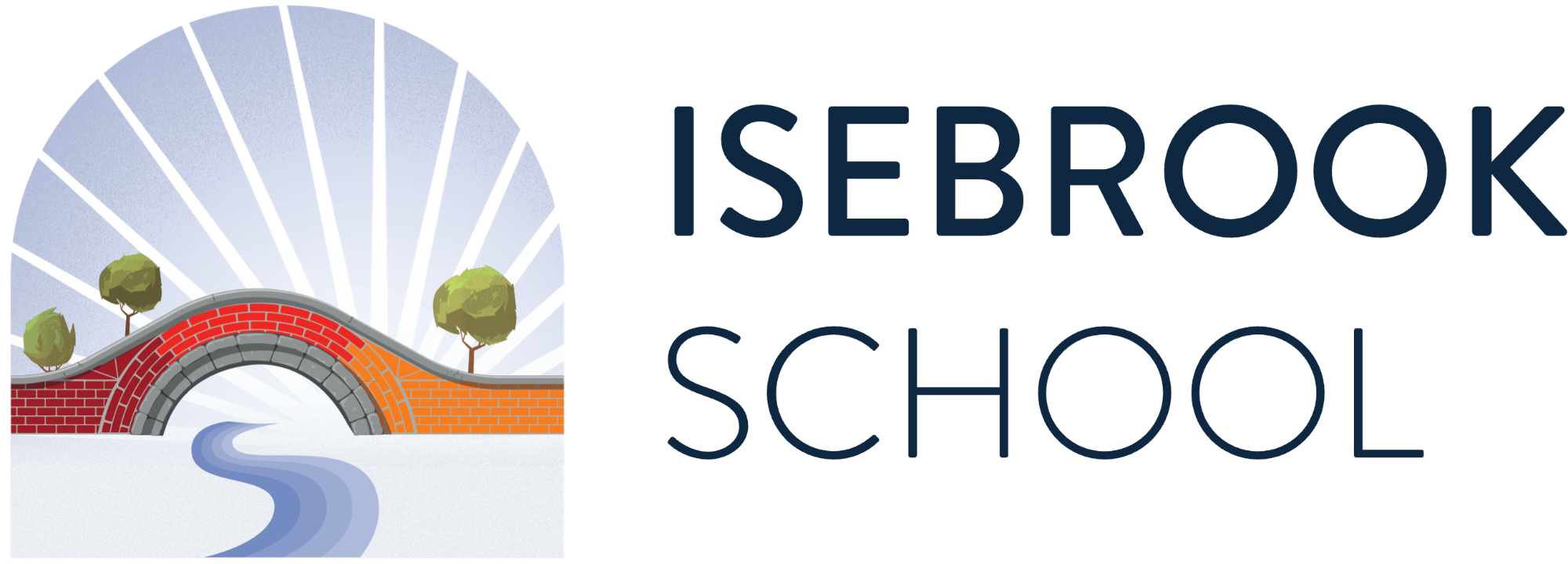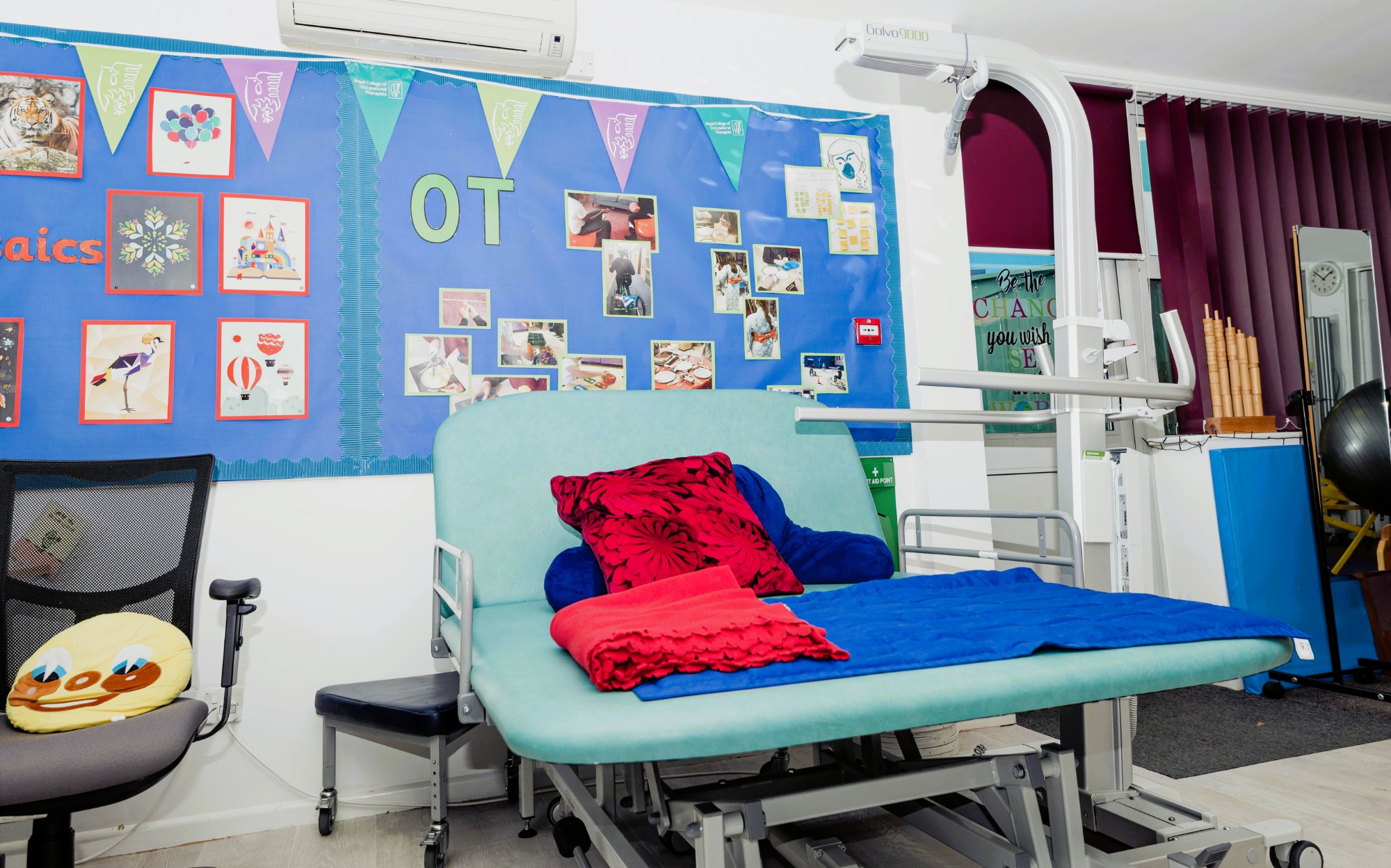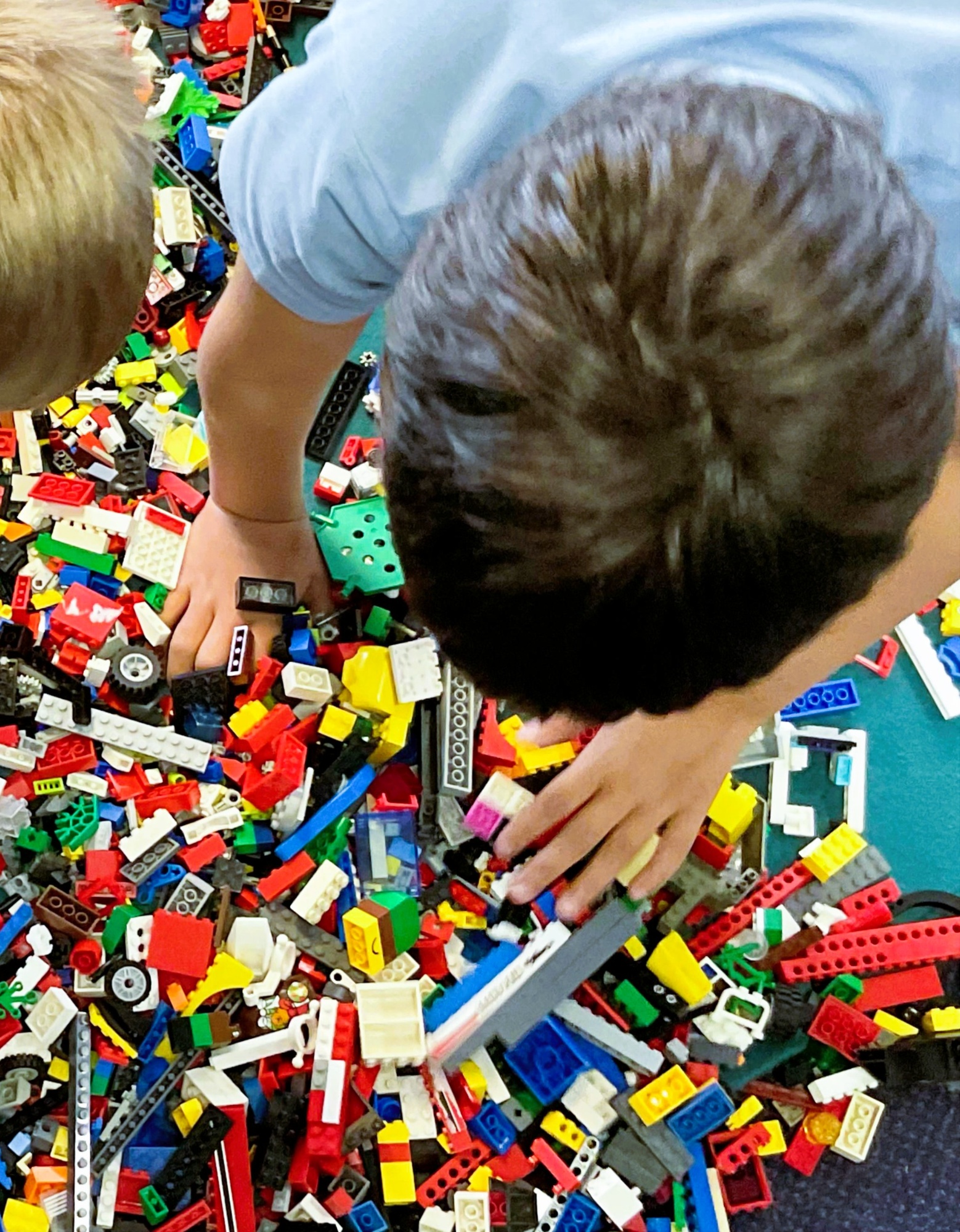

Therapies
Therapy is an essential part of our approach, and we are passionate about meeting our students developmentally rather than chronologically.
Our Therapy Team is led by the SEND & Inclusion Lead and consists of a full-time Occupational Therapist and Therapy Assistant.
With their wide range of expertise, they deliver a range of one-to-one therapies, and support classroom staff in providing ongoing therapeutic support throughout the school day.

Specialist Child & Adolescent Occupational Therapist

Assistant Occupational Therapist
Therapy Assistant
Input may be provided in the form of:
- Individual therapy sessions
- Groups run in class
- Sessions run with other professionals working in the school (i.e. physiotherapist, speech and language therapist, etc.)
- Classroom programmes, delivered by the class team
- Provision of assistive equipment, where appropriate
- Setting up home activity programmes
- Liaison and monitoring with school staff
- Training for school staff and parents
What is Occupational Therapy?
Occupational therapy (OT) is a science degree-based, health and social care profession, regulated by the Health and Care Professions Council. OT takes a “whole-person approach” to both mental and physical health and wellbeing and enables individuals to achieve their full potential.
Practical support is provided to empower people to facilitate recovery and overcome barriers preventing them from doing the activities (or occupations) that matter to them. This support increases the individual’s independence and satisfaction in all aspects of life.
(Adapted from the Royal College of Occupational Therapists definition.)
Occupational Therapy in our setting includes:
Self-care
- The ability to manage the organisation of self and the environment, and activities of daily living (e.g. changing for Physical Education activities, tying shoelaces, cutlery skills)
Gross motor skills
- Including the development of postural control/core stability, balance, hand/eye coordination, body awareness and motor planning.
Fine motor skills
- Including handwriting and tool-use.
Visual perception/visual motor integration
- Including visual memory, visual spatial relationships and visual discrimination.
Sensory processing
- The support of sensory-based needs either using strategies, or a sensory diet, to achieve appropriate levels of alertness to access the curriculum.
Emotional Regulation
- Supporting individuals to understand their feelings and manage them.
Therapies Offered
Occupational Therapy
Our Occupational Therapist focusses on supporting students to participate as fully as possible in everyday life, helping them develop the skills they need for learning, social participation, self-care and independence.
Advice and support is available for:
- Fine and gross motor skills (e.g. handwriting, cutting, sitting upright)
- Sensory processing assessment (e.g. sensitivity to noise, touch, environment or movement)
- Self-care (e.g. dressing, feeding)
- Organisation and independence skills
- Sensory Integration
- Environmental adaptation
- Enhancement of visual perception
- Organisational skills
- Self-regulation to improve concentration
Physiotherapy
Our Therapy Assistant supports Class Teams in delivering NHS-prescribed Physiotherapy programmes, devised to support students' physical, mobility, and movement needs.
Common areas supported include:
- Mobility (walking, wheelchair use, moving safely around school)
- Balance and coordination
- Muscle strength and flexibility
- Posture and seating
- Physical access to school activities and the environment
Speech & Language Therapy
Although we do not have an in-house Speech and Language Therapist (SaLT), we have commissioned a private provider to deliver this essential service. The provision is limited to one day per fortnight, when the therapist will work with students assessed to have the greatest and most limiting communication needs.
This arrangement ensures that our most vulnerable students receive a nominal amount of targeted speech, language, and communication support tailored to their individual needs. The private provider works closely with our staff, students, and families, offering both direct intervention and guidance to help embed effective communication strategies across the school.
Interventions we offer
- Warm Water Swimming
- Mindfulness and relaxation techniques (e.g., guided breathing, meditation, progressive muscle relaxation)
- Sensory integration activities (to support regulation and focus)
- Visual perception skills
- Dance and movement (Yoga)
- Sensory Integration therapy
- TEACCH
- Singalong signing
- Social stories
- Riding for the Disabled (RDA)
- Lego Therapy
- Drawing & Talking
- The REAL evaluation of activities for life
- Comic strip conversations
- Virtual reality for physical and emotional health
- Touch typing
- Emotional Regulation interventions
- Handwriting skills
- Social skills including joint attention
- Symbolic play skills
- Memory skills interventions including COGMED and Magic Memory
- Interoception curriculum
Benefits of In-School Therapy
Increased Independence:
- Students learn strategies to manage daily routines, fostering self-confidence. This supports our students on their journey to adulthood.
Improved Access to Learning:
- OT can help students develop the fine motor and sensory processing skills needed for writing, using technology, or participating in group activities. This in turn supports students to be successful learners and achieve their potential.
Better Emotional Regulation:
- Sensory strategies can reduce anxiety and support positive behaviour.
Enhanced Inclusion:
- Students are better able to join in with peers in classroom and social activities.
Staff development:
- Teachers and support staff gain knowledge and tools to help all students, not just those accessing interventions with the Therapy Team.



